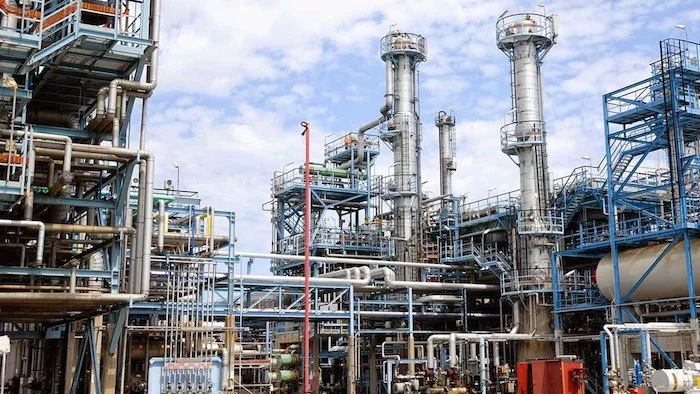Nigeria’s crude oil output dropped by 95,000 barrels per day (bpd) in December 2019, falling from 1.664 million bpd in November to 1.570 million bpd.
This decline threatens the Federal Government’s 2020 budget, which relies on a production target of 2.18 million bpd.
Bonny Light Price Surges
Nigeria’s Bonny Light crude climbed to $65.31 per barrel, up 0.58 cents. In comparison, Brent crude traded at $64.13 per barrel, and West Texas Intermediate (WTI) reached $57.92 per barrel, reflecting a strong global oil market.
OPEC Reports Global Trends
The Organization of Petroleum Exporting Countries (OPEC) reported a 161,000 bpd drop in its crude oil production for December, totaling 29.44 million bpd.
Angola boosted output, but Saudi Arabia, Iraq, and the UAE saw declines. Global oil supply fell by 0.06 million bpd to 100.28 million bpd, with non-OPEC supply, including OPEC natural gas liquids, rising by 0.11 million bpd to 70.84 million bpd, driven by the UK, Norway, Canada, Mexico, and the US.
Impact on Nigeria’s Budget
The production drop challenges Nigeria’s 2020 revenue projections, which depend on higher output. The government aims to reach 3 million bpd by 2023, but current declines raise concerns about meeting fiscal goals.
Iran’s Influence on Oil Prices
Rising tensions involving Iran spark fears of oil prices hitting $100 per barrel. Iran’s planned retaliation for the US assassination of Major General Qassem Soleimani in January 2020 could disrupt markets. Despite attacks on Saudi Arabia’s oil sites in 2019 halving its production, Brent oil prices held at $70–75 per barrel, a cap the US maintains for economic and political reasons.
Global Market Dynamics
Oilprice.com notes that Iran’s actions might push Brent crude past the $100 resistance level. Nigeria’s Bonny Light later rose to $67.37 per barrel, signaling market volatility. The US employs strategies to stabilize prices, but geopolitical risks continue to drive uncertainty.






